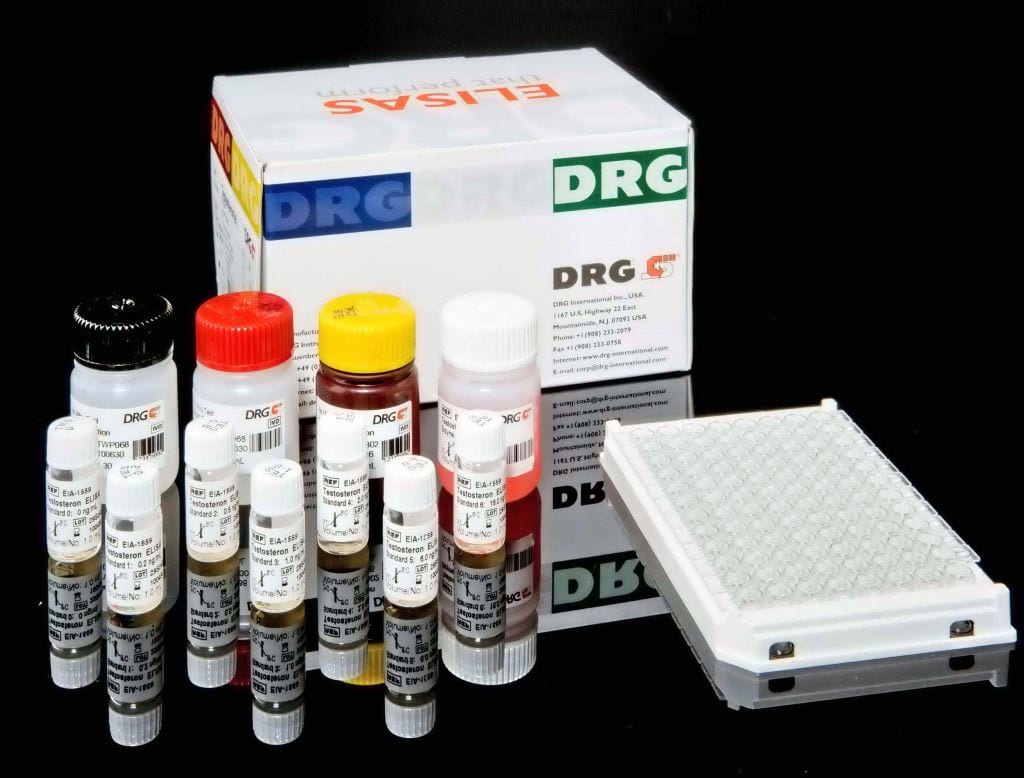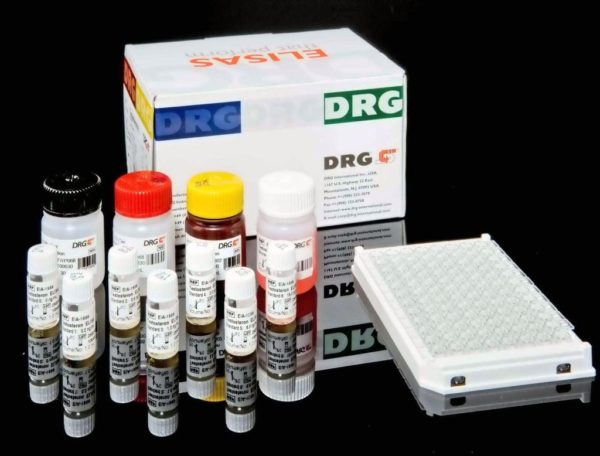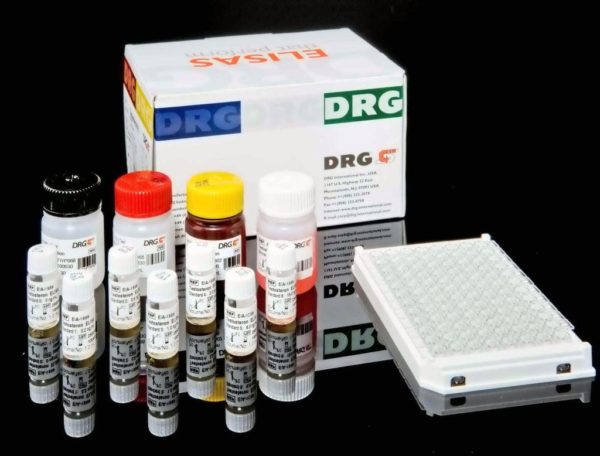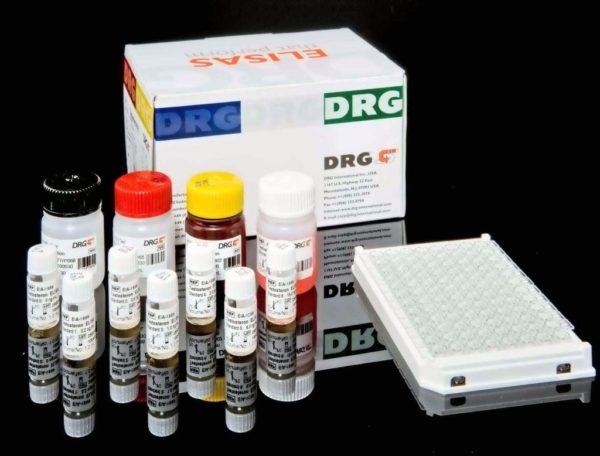Description
An enzyme immunoassay for the qualitative and semiquantitative determination of IgG-class antibodies to Epstein-Barr virus nuclear antigen type 1 (EBV-EBNA-1) in serum.
Epstein-Barr Virus (EBV) is a member of the herpesvirus family (Gamma subgroup, DNA virus of 120-200 nm) and one of the most common human viruses. The virus occurs
worldwide, and most people become infected with EBV sometime during their lives. Transmission of the virus is almost impossible to prevent since many healthy people can carry and spread the virus intermittently for life. Infants become susceptible to EBV as soon as maternal antibody protection disappears. Infection of children usually causes no symptoms. Infection during adolescence or young adulthood causes infectious mononucleosis 35% to 50% of the time. Infectious mononucleosis is almost never fatal. There are no known associations between active EBV infection and problems during pregnancy, such as miscarriages or birth defects. Although the symptoms of infectious mononucleosis usually
resolve in 1 or 2 months, EBV remains dormant or latent in a few cells in the throat and blood for the rest of the personÕs life. Periodically, the virus can reactivate and is commonly found in the saliva of infected persons. This reactivation usually occurs without symptoms of illness. EBV also establishes a lifelong dormant infection in some cells of the bodyÕs
immune system. A late event in a very few carriers of this virus is the emergence of Burkitt«s lymphoma and nasopharyngeal carcinoma, but EBV is probably not the sole cause of these malignancies.
The DRG Epstein-Barr Virus (EBNA-1) IgG ELISA Kit is a solid phase enzyme-linked immunosorbent assay (ELISA) Microtiter wells as a solid phase are coated with recombinant EBV nuclear antigen type 1. Diluted patient specimens and ready-for-use controls are pipetted into these wells. During incubation EBNA-1-specific antibodies of positive specimens and controls are bound to the immobilized antigens. After a washing step to remove unbound sample and control material horseradish peroxidase conjugated anti-human IgG antibodies are dispensed into the wells. During a second incubation this anti_IgG conjugate binds specifically to IgG antibodies resulting in the formation of enzyme-linked
immune complexes. After a second washing step to remove unbound conjugate the immune complexes formed (in case of positive results) are detected by incubation with TMB substrate and development of a blue color. The blue color turns into yellow by stopping the enzymatic indicator reaction with sulfuric acid. The intensity of this color is directly
proportional to the amount of EBNA-1-specific IgG antibody in the patient specimen. Absorbance at 450 nm is read using an ELISA microtiter plate reader.




